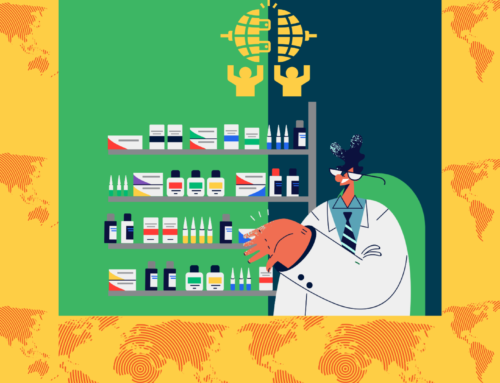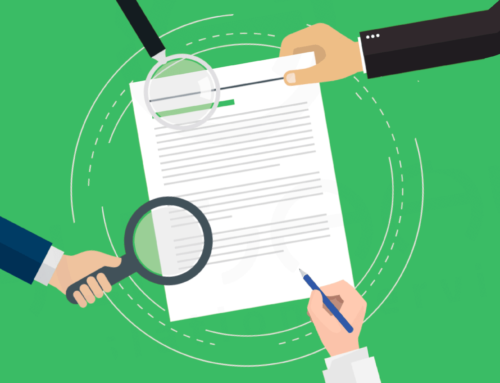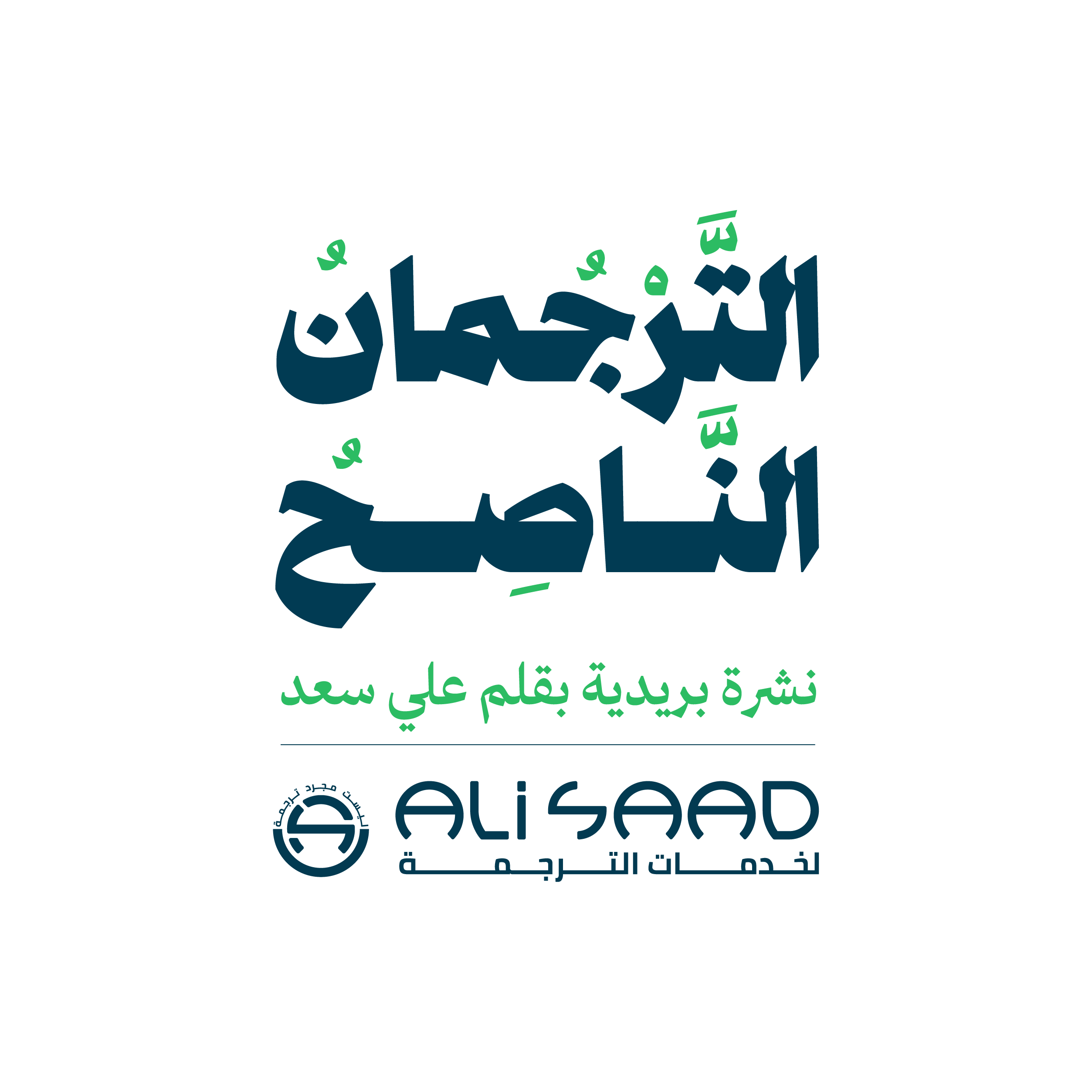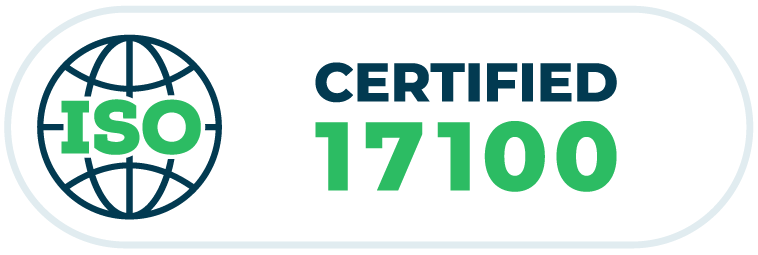Table of Content
Feeling uncertain about choosing a professional Arabic translator to meet your translation needs? You are right. On Proz.com only, 42,634 translators claim to translate from English into Arabic.
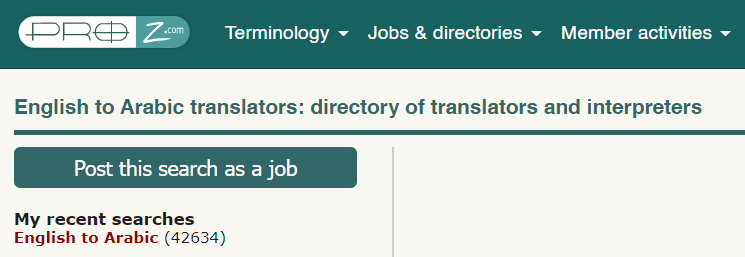
Number of English into Arabic registered on Proz 12 Dec 2022
When you need a translation from your language to Arabic, or vice versa, it is important to choose a qualified and trustworthy translator. But don’t worry. This article helps you to find the translator you love.
Here is a list of the essential qualities of an excellent Arabic translator:
1. Expertise in Arabic and the other language
The translator should be fluent in both Arabic and the other language. They should also have a good understanding of the cultural nuances of both languages. It’s recommended that Arabic is the mother tongue of your translator. Arabic is a unique-ruled language whose contexts must be handled by a native Arabic linguist.
2. Attention to Detail
When choosing an Arabic translator for your project, it is critical to ensure they pay attention to detail. The translator should be detail-oriented. They should be aware of all nuances in the source material, as this could lead to mistranslations and misunderstandings. A professional translator also takes into account any colloquialisms or slang. Finally, they should be able to double-check their work before submitting it to you to make sure that all errors have been corrected.
Remember, even the smallest mistake can have a huge impact on your final product.
3. Excellent communication skills
The translator must communicate effectively with clients, project managers, and colleagues, conveying all information clearly and accurately. Quick responsiveness is a core skill a translator should have in this era of speed. Professional communication skills include, without limitation:
- Activating email push notifications.
- Writing accurate contact details in the email signature.
- Setting away automatic messages.
A post by Stephanie Donatantonio, complaining about a non-responsive translator.
4. Confidentiality
The translator must maintain confidentiality at all times, keeping all information confidential unless otherwise agreed upon by the client. There are some measures a translator must take to keep confidentiality, including, without limitation, secure software, an encrypted system, not outsourcing work without permission from the client, etc.
5. Ability to Handle Multiple Industries
When looking for an Arabic translator, it is a big deal to pick one with the knowledge and experience to handle multiple industries. For instance, you have new medicinal product registration documents, which include legal and pharmaceutical texts. You have an automotive spare parts website to be localized. This website content includes marketing texts of technical products description and legal text of the website privacy policy. So, hiring such a translator can save you a lot of time and money.
A great Arabic translator will understand the specific challenge of translating in different industries and fields with different cultural contexts.
With the right Arabic translator on board, you can be sure that the translations you receive will accurately reflect your content across all audiences.
6. Certified from Trustworthy Professional Associations
When looking for an Arabic translator, you should always look for someone certified by an authoritative and trustworthy organization. An excellent Arabic translator has credentials from organizations members in the International Federation of Translators (FIT) like the American Translators Association (ATA) and Arab Professional Translators Society (APTS). These types of certifications demonstrate that the translator has been trained to a high standard of quality and accuracy and that they take their profession seriously.
Furthermore, a certified Arabic translator is usually more reliable than one without credentials as they have proven their expertise by passing rigorous exams and tests.
7. High-Tech Translator
In the age of globalization, every translator must be technologically savvy. Professional Arabic translators need to know the software and hardware systems used in translation and localization. These include computer-assisted translation (CAT), machine translation (MT) tools, post-editing tools, and vendor management systems.
High-Tech Translators help clients save time and money by providing their services with advanced technology, advancing at an exponential rate. Their ability to handle large volumes of text in a short time makes them ideal for businesses and organizations that need to translate texts regularly.
They can also increase the accuracy and consistency of translations through the use of advanced software.
Furthermore, High-tech Arabic translators can also work remotely, which is increasingly important in the current global environment.
In conclusion, these are some of the best qualities of an excellent Arabic translator. If you are looking for an Arabic translator with these qualities, then you can be sure that you will get the best possible translation of your document.
Are you unsure where to find this translator and how to verify their credentials and qualities?


